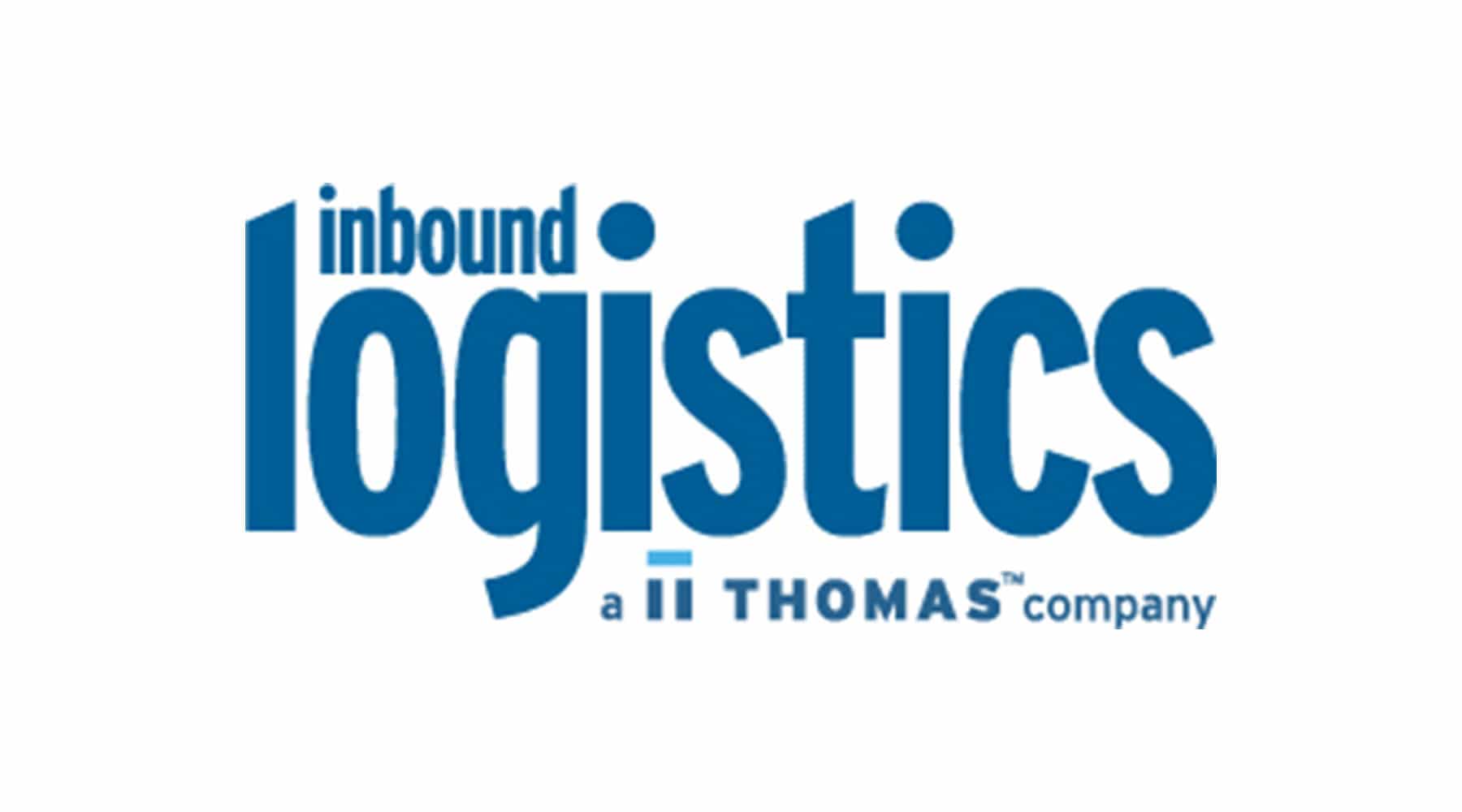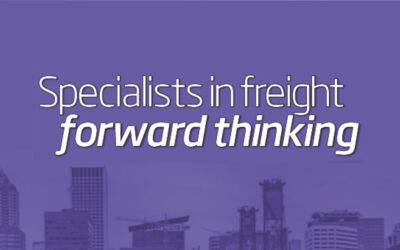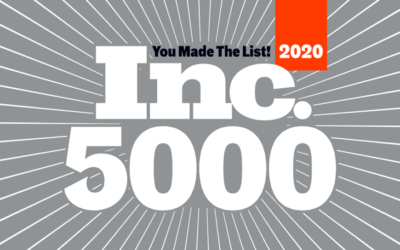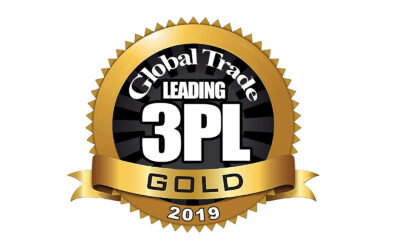Dante Fornari CEO, Magnate Worldwide
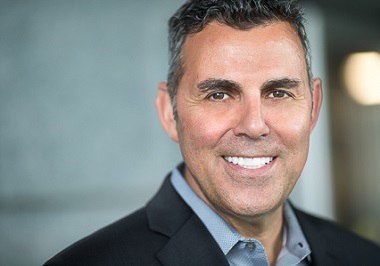 While credentials and experience are important factors to consider when building a team, Dante Fornari believes that it’s cultural fit and chemistry that really make a difference.
While credentials and experience are important factors to consider when building a team, Dante Fornari believes that it’s cultural fit and chemistry that really make a difference.
In February 2019, when Dante Fornari joined logistics company Magnate Worldwide as CEO, he designed his own onboarding process. “I felt it was critical to meet the leadership teams of our three operating companies and as many employees as I could in 90 days,” says Fornari, who runs the company from Portland, Oregon, where Magnate is establishing its executive headquarters.
Fornari put four items at the top of his agenda: recruit key executives for the company’s leadership team; form a solid succession plan; help leaders of the operating companies foster organic growth; and cultivate the next opportunity to acquire a company to enhance Magnate’s service offerings.
Fornari spoke with us about his leadership priorities.
IL: How did you get into logistics and why have you stayed?
After graduating from Rutgers University, I went to work for UPS with hopes of getting into management. I started by driving a package car in New Jersey. Eventually, I landed my first job in sales, which involved a lot of time on the road. Once I started handling global accounts, traveling to places such as Singapore and Australia, that was it for me.
I was attracted, and still am, to the day-to-day variety. Our industry offers such broad opportunities for learning and experiencing other cultures.
IL: What’s one early experience that helped to shape you as a leader?
In the late 1990s, I was invited to a change management conference, which included a small workshop on the Myers-Briggs personality type indicator and how to use an understanding of our differences to create stronger teams.
Since then, I’ve become personally reflective and a committed student of organizational effectiveness. I try to incorporate those concepts, and others, into culture-building.
IL: Have you been influenced by mentors?
I am fortunate to have had some great mentors. My first mentor taught me that leadership is a discipline that has to be practiced and cultivated. The higher you go in an organization, the more leading and the less managing you do. In my mind, managing is more about execution, and leadership is more focused on strategy and helping others see what they can accomplish. I’ve realized that opportunities to lead are fleeting. You miss some opportunities if you’re not aware of them. I’ve learned to try to grab them.
IL: How would you describe your leadership style?
I believe my success comes through the success of others, and from how effective we can be as an organization of empowered employees. Culture-building is a big part of what I try to accomplish as a leader. Setting direction and strategy are important aspects of my style, but being a good listener, and being willing to be wrong, are also important qualities. Some of the greatest discoveries were made by those who were willing to be wrong about their theories.
I focus on providing the support and strategy that our teams need to keep winning. I think I’m collegial, collaborative, often careful, and measured. I tend to do a good deal of thinking around a subject—sometimes too much.
IL: When recruiting for leadership positions, what do you look for?
Credentials and experience are important, but cultural fit and chemistry are difference-makers. We are not a big company, and institutionalized thinking won’t take us to the next level. So when I think about someone to join the team, I look for a low ego level. Dale Carnegie wrote, “You can accomplish anything you want in life, as long as you don’t care who gets the credit.” I’m building a team capable of servant leadership, which requires modesty.
IL: With succession planning in mind, how do you cultivate talent?
We start by giving stretch assignments. We also look at key position mapping, understanding who would be a good fit for the next role, who’s ready to climb up and when, and what development they need. As we promote growth in the company, it’s important to create bench strength on the leadership team.
IL: What’s the hardest part of your job?
Like most CEOs, I have a lot of stakeholders, so it can take time to reach alignment on initiatives and organizational goals. But it’s almost always worth the time we spend. We can achieve a lot more when we’re rowing in the same direction.
We have bimonthly calls with stakeholders to share information on results, market trends, and strategic initiatives. I love the way this model allows for routine, honest, transparent discussion. You get direction from the board instantly, rather than waiting for the classic quarterly board of directors meeting.
IL: What makes you excited to go to work in the morning?
The most exciting priority is finding the next business to join the Magnate Worldwide family. Adding a tuck-in acquisition to Masterpiece International, our international logistics business, is the best way to complement our organic growth efforts. Each time we expand the family, we are careful to strengthen the company.
IL: How do you like to spend time outside of work?
My favorite hobby is snow skiing. Last year, five of my closest buddies and I celebrated our 50th birthdays by going heli-skiing in British Columbia. My family loves camping. We usually vacation at the Oregon coast each summer.
As featured on Inbound Logistics: https://www.inboundlogistics.com/cms/article/culture-builder
